China’s population has started decreasing, which the media reports as an economic disaster. In his article originally published at Overpopulation News, Jon Austen explores how the media ignores the benefits of such a decline and finds agreement among commenters.
By Jon Austen

China has had its first fall in population in 61 years. The media has reported the story as a disaster for the economy, but is it really a disaster, or is it actually good news just presented as bad news? Isn’t a human population decline good news for the environment and shouldn’t we be happy about that?
If we compare what the articles say and what the public’s comments on the articles say, there is fundamental disconnect between what gets reported and what the public actually think. Most people would think that the fall in China’s population is actually quite a good thing, with less pressure on natural resources and the environment and that the media would reflect this in some news stories, but it just doesn’t.
This isn’t just my opinion. If you look at the top four news items on the subject as presented by Google News, then compare what the article says with the public comments on those articles, you will see the opinion between the two datasets could not be further apart.
The news is that China, the world’s most populous country, has just passed its peak in population and the curve is just beginning to bend down. The press reports this as a disaster for the economy, for pension provision and tax revenues, so it does indeed pose some challenges. However, there is not a single sentence in any of the articles that mentions any of the the benefits that a smaller population will bring. Despite the financial challenges that a decline in population will bring, they are tiny when compared to the benefits.
Here are four articles and key sentiment from them:
The New York Times ‘China’s Population Falls, Heralding a Demographic Crisis’, saying there will be labour shortages and pension shortfalls and that “the country is being thrust into a demographic crisis that will have consequences not just for China and its economy but for the world”.
The Daily Telegraph ‘Blow for China’s economy as population falls’,
The Washington Post ‘China’s first population decline in 60 years sounds demographic alarm’, with a renowned scholar saying ‘the lack of a robust social security net or pension system could “evolve into a humanitarian catastrophe”’
The Guardian ‘China’s first population fall since 1961 creates ‘bleaker’ outlook for country’ with one researcher saying “China’s real demographic crisis is beyond imagination” and that “all of China’s past economic, social, defence, and foreign policies were based on faulty demographic data”
Take a look at the comments, what the readers think, and it’s not just a different opinion, it’s the polar opposite: we’re overpopulated, the planet is in crisis, a drop in population is good news. The three comments below are the top rated comments from each of the articles above, you can see these comments for yourself if you follow the links.
The top rated comment in the New York Times is:
“Is this a catastrophe, or a happy article for Earth? A reduction in the world population is a good thing one would think. When I was born in the 50’s the population was about 2.5 billion. Now it stands at 8 billion. More than tripling in my lifetime is beyond scary. We are seeing fracture points in terms of climate, water, CO2 and more. ”
The top rated comment at The Washington Post :
“The notion that a population can and must grow forever has always seemed insanely short sighted to me, and I’ve never understood why every government takes it as a given.
We live in a finite world. That is an immutable, thermodynamic fact. You can’t grow a consumptive system infinitely within a finite environment. That’s basic, self-evident, 2+2 logic. If you lock two rabbits in a room with a hundred lettuce plants, eventually you will have very many rabbits and no lettuce. And then, shortly thereafter, no rabbits”
Even The Daily Telegraph’s top comment is pro-decline:
“I am always puzzled by the doom and gloom surrounding population numbers. There are 8bn of us on the planet which is being degraded daily. Millions in East Africa are totally dependent on food aid.
Over population is the biggest challenge we face not carbon dioxide”.
The Guardian has not enabled comments for their article, as is often the case with articles on population that will gain comments that don’t fit with the Guardian’s narrative, a policy of comment censorship – so much for free speech there.
The readers aren’t falling for the pro-growth propaganda promoted in the mainstream press. But why is there this disconnect between the writers and the readers? Why does all of the mainstream press insist that population decline is a crisis and only report this narrow-minded side of the story?
This is a good news story and people know it as the comments show. The projections on Chinese population decline won’t listen to the media’s tales of woe and the population fall is set to continue for several decades, gradually increasing in pace as it does, so this story will repeat itself again and again. The next story will be when India overtakes China as the most populous country on Earth later in 2023. China itself has got richer because of its falling birth rates, giving it a far higher per capita income than India.
The real story is that a long term fall in population means less pressure on food systems and less need for carbon intensive agriculture. It means an end to the need to build, which is also highly carbon intensive. It means less pollution, less deforestation, less overfishing, less waste, less pressure on groundwater. Less consumption of finite resources. Less destruction, allowing nature to recover.
A declining population isn’t a failure of society, it is the opposite. It is recovery from overshoot and excess, it is space to breathe, it is the tide beginning to go back out to reveal the sandy beach once again.
A long term population decline is projected for many countries. Should we be fighting it, or should we embrace it instead, go with it and enjoy the ride? Population decline is like being at the top of a hill. You’ve spent ages trudging up the hill using up all your energy. Now you’re at the top, the view is great and the way down is so much easier, so just enjoy it.
Is it the corporate paymasters who dictate the narrow-minded story which is blandly regurgitated by the puppet reporters? Or is it just lazy journalism following the same storyline spin every time? The journalists seem to be in a peculiar parallel universe, seeing the world differently to those of us living in the real world. If they took off their corporate distortion goggles, they could get a grip on reality and tell the truth. Do they ever read the comments?
We’re not being directly lied to by the media, but being given a half-truth. If this misrepresentation of the facts happens here, it begs the question of where else is it happening, where else are we being led astray?
Hopefully the mainstream media will change tune and at the very least report both sides to a story. There is enough bad news around as it is, it would be a popular and welcome relief for readers to be given the positive side to a story. Until then, ignore the propaganda and just read the comments.
Originally published at Overpopulation News.
If you want to read more about how China’s population decline can be beneficial, TOP recommends this article by Catherine Bowen and Vegard Skirbekk.


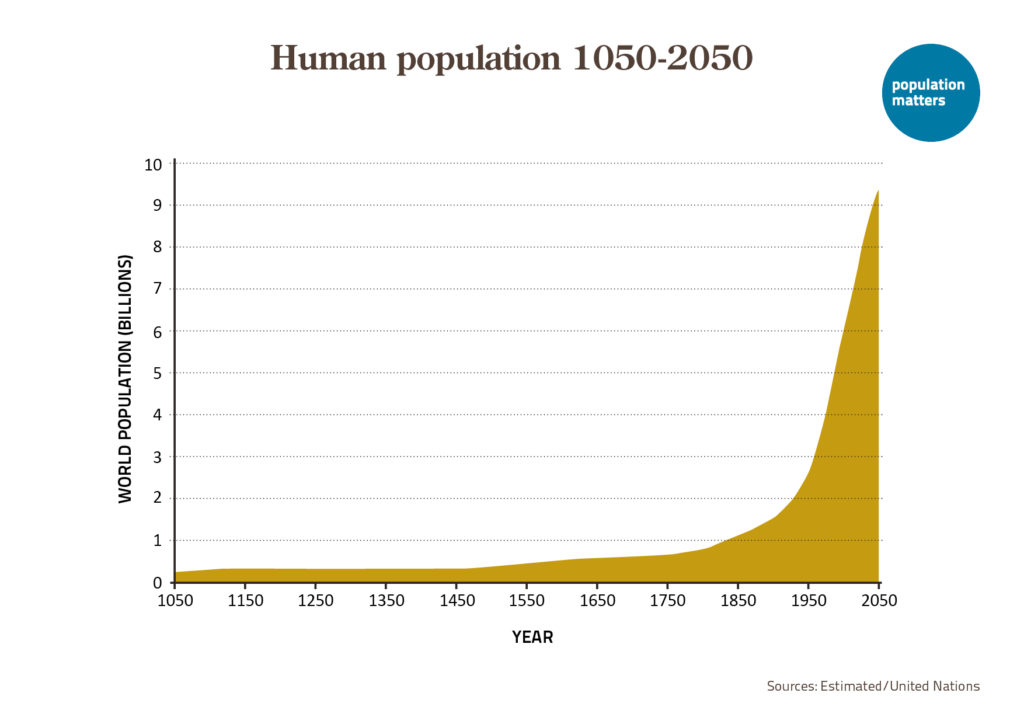
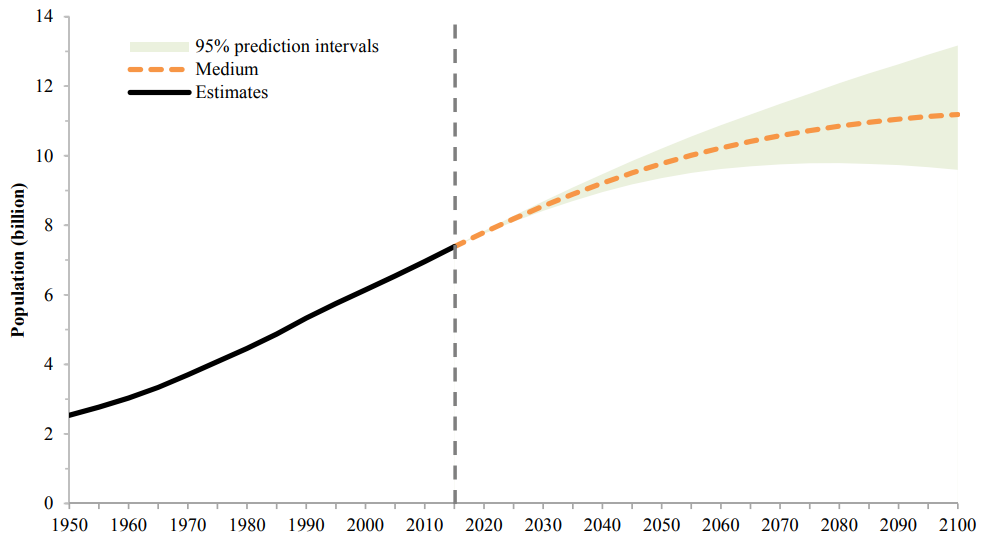
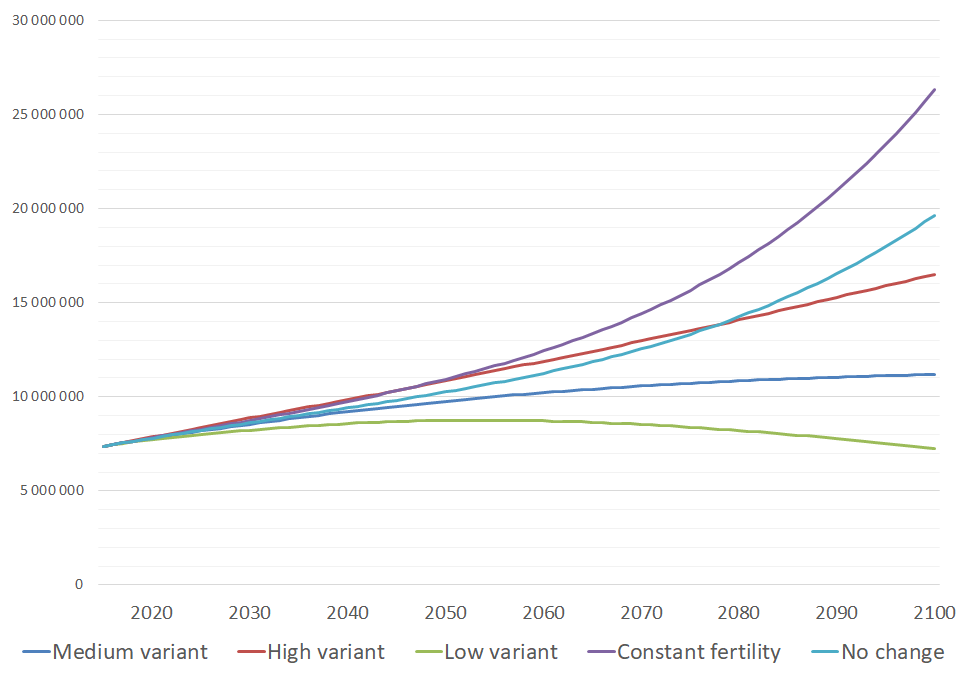
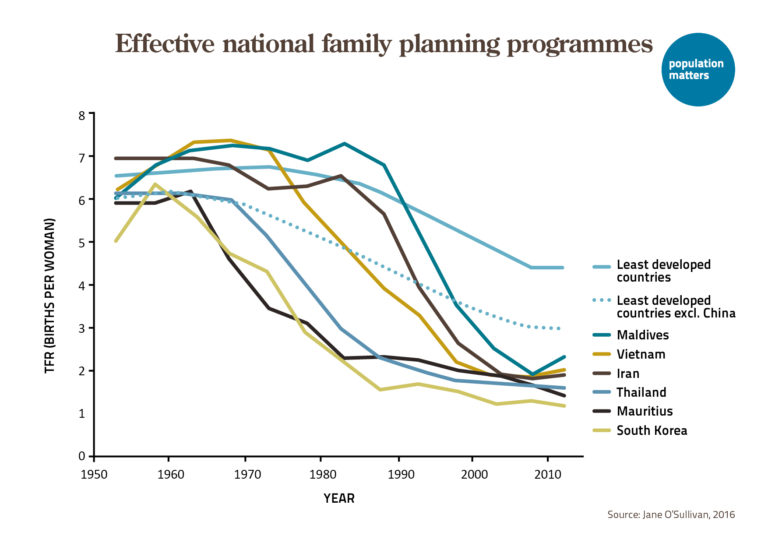

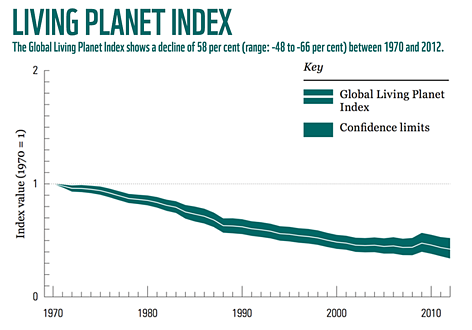
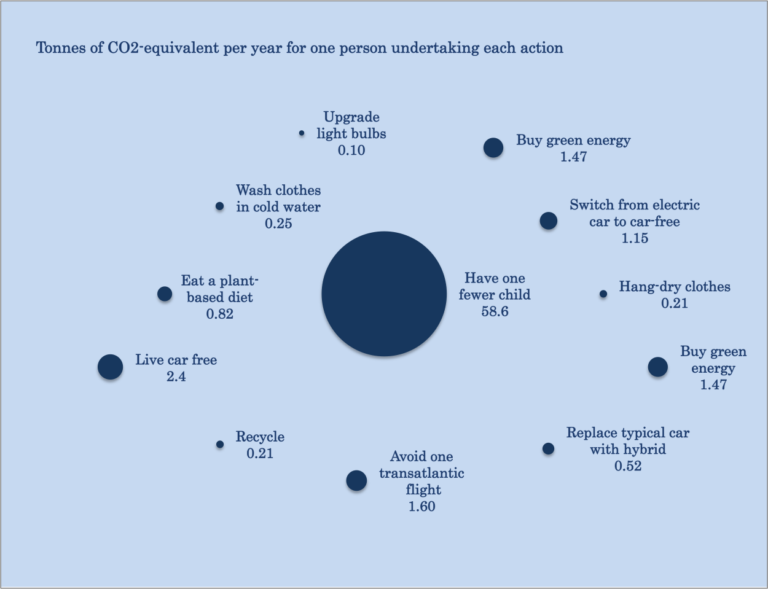

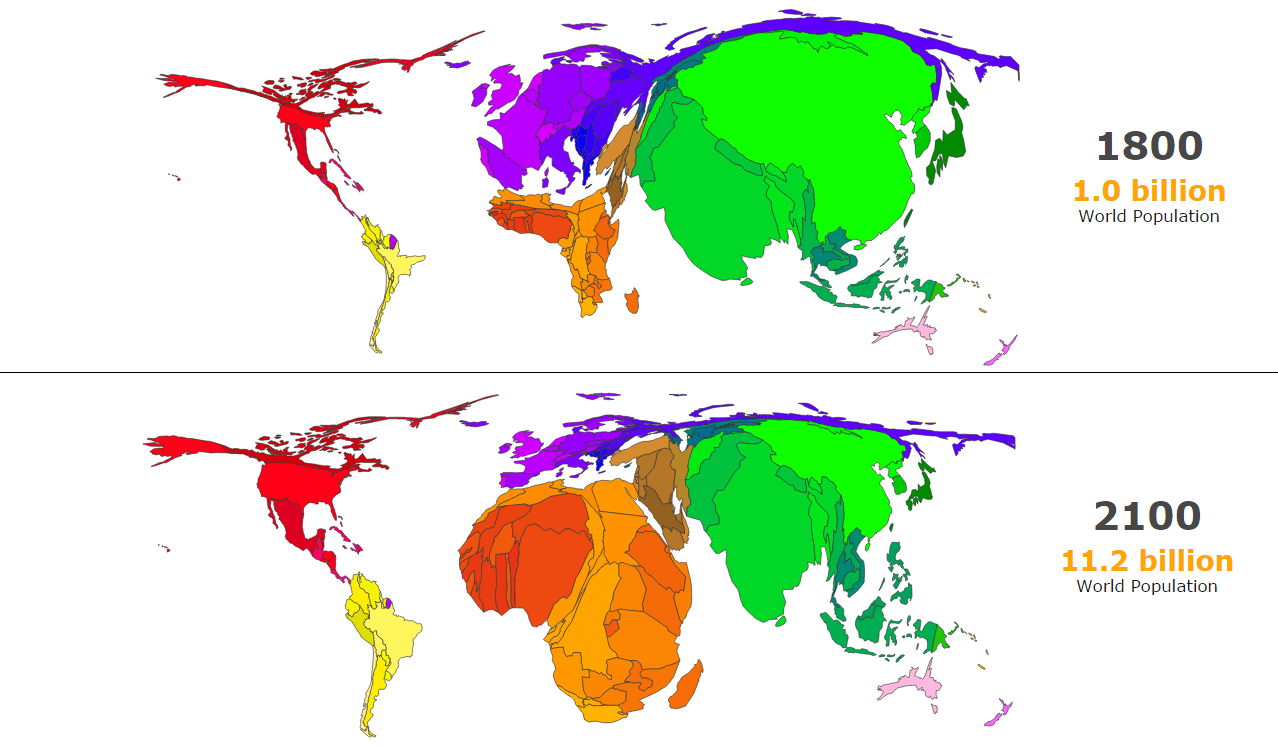
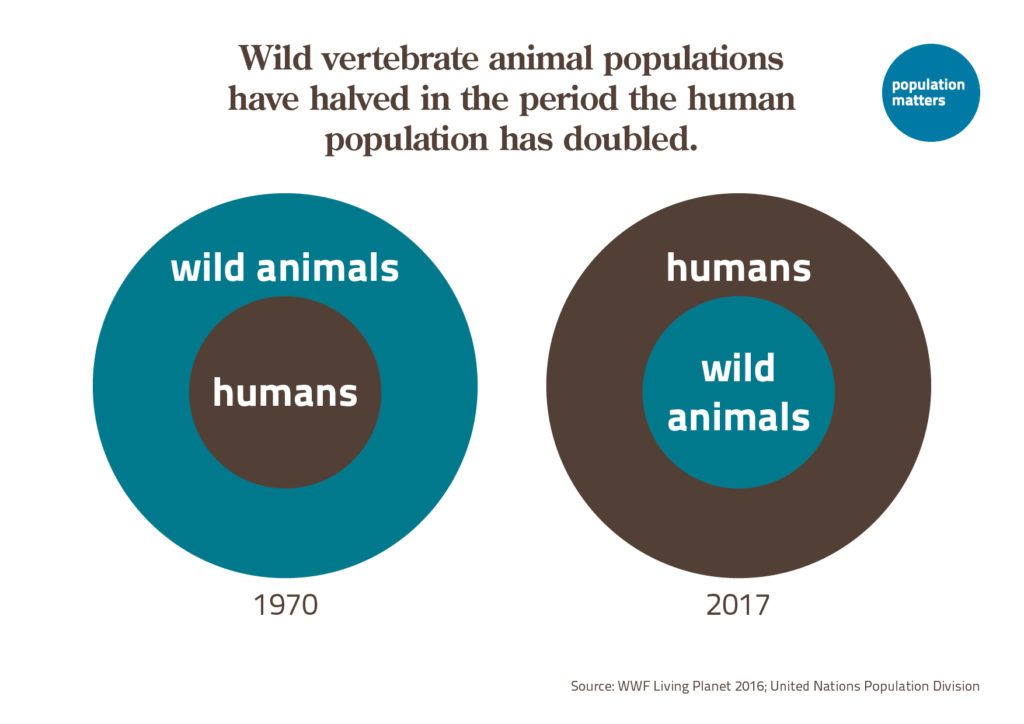
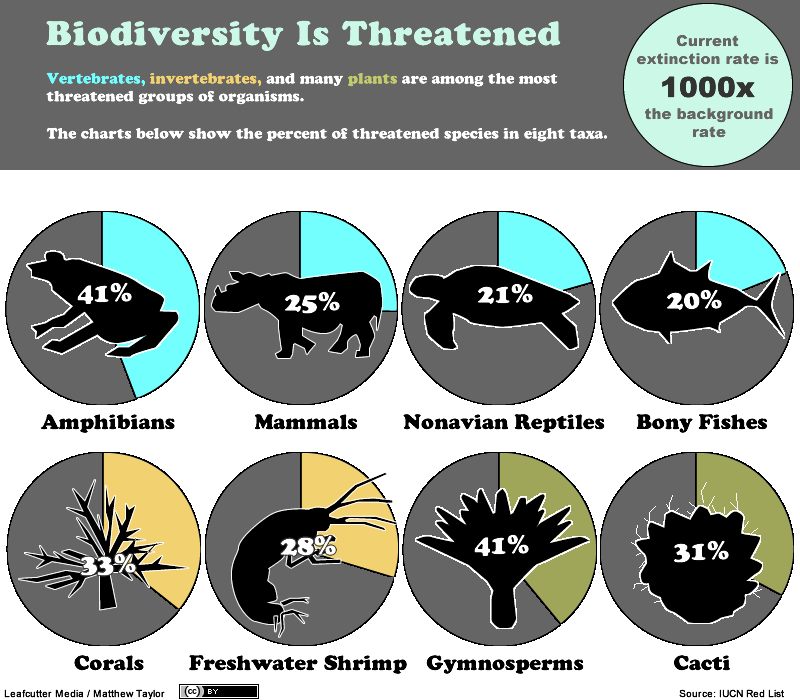

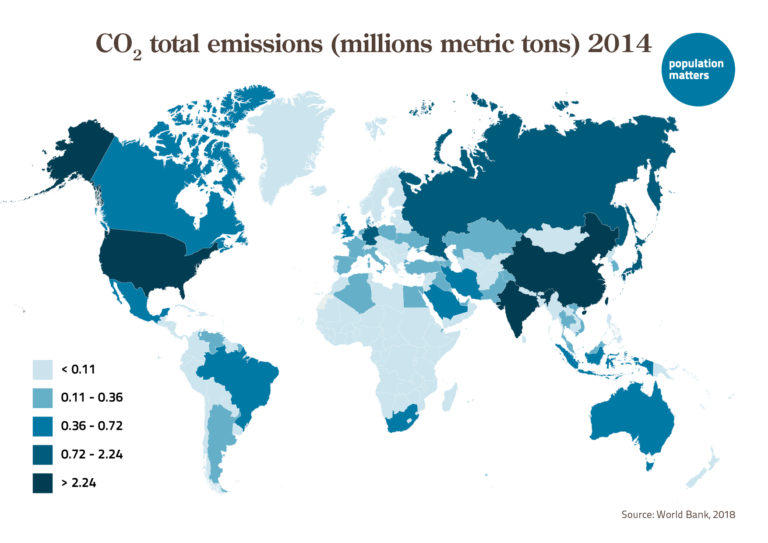

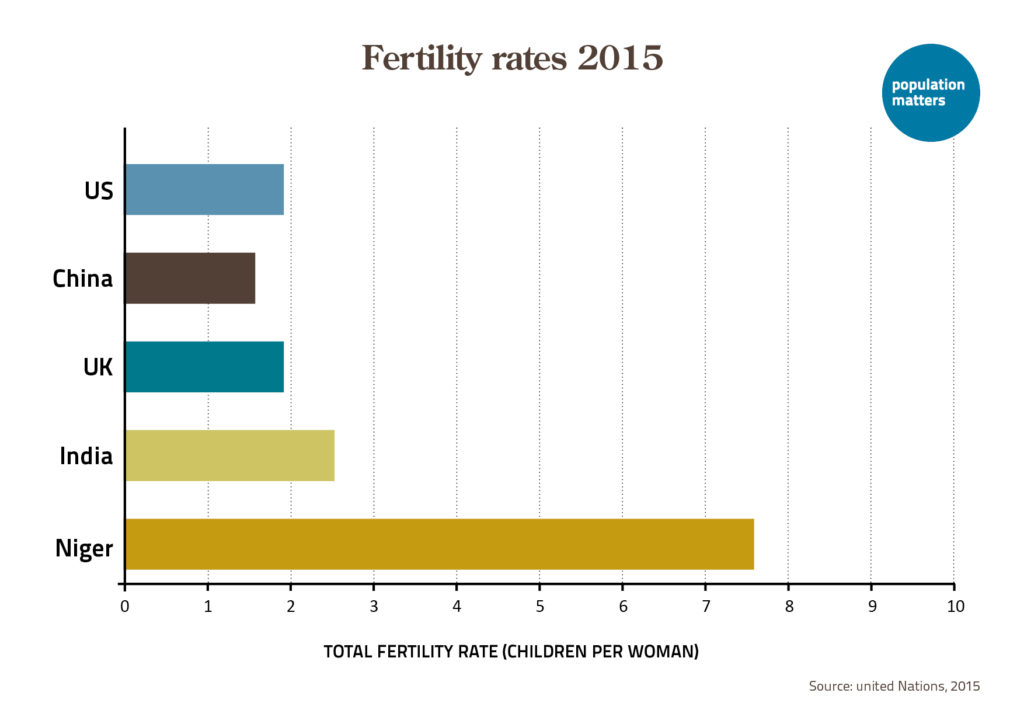
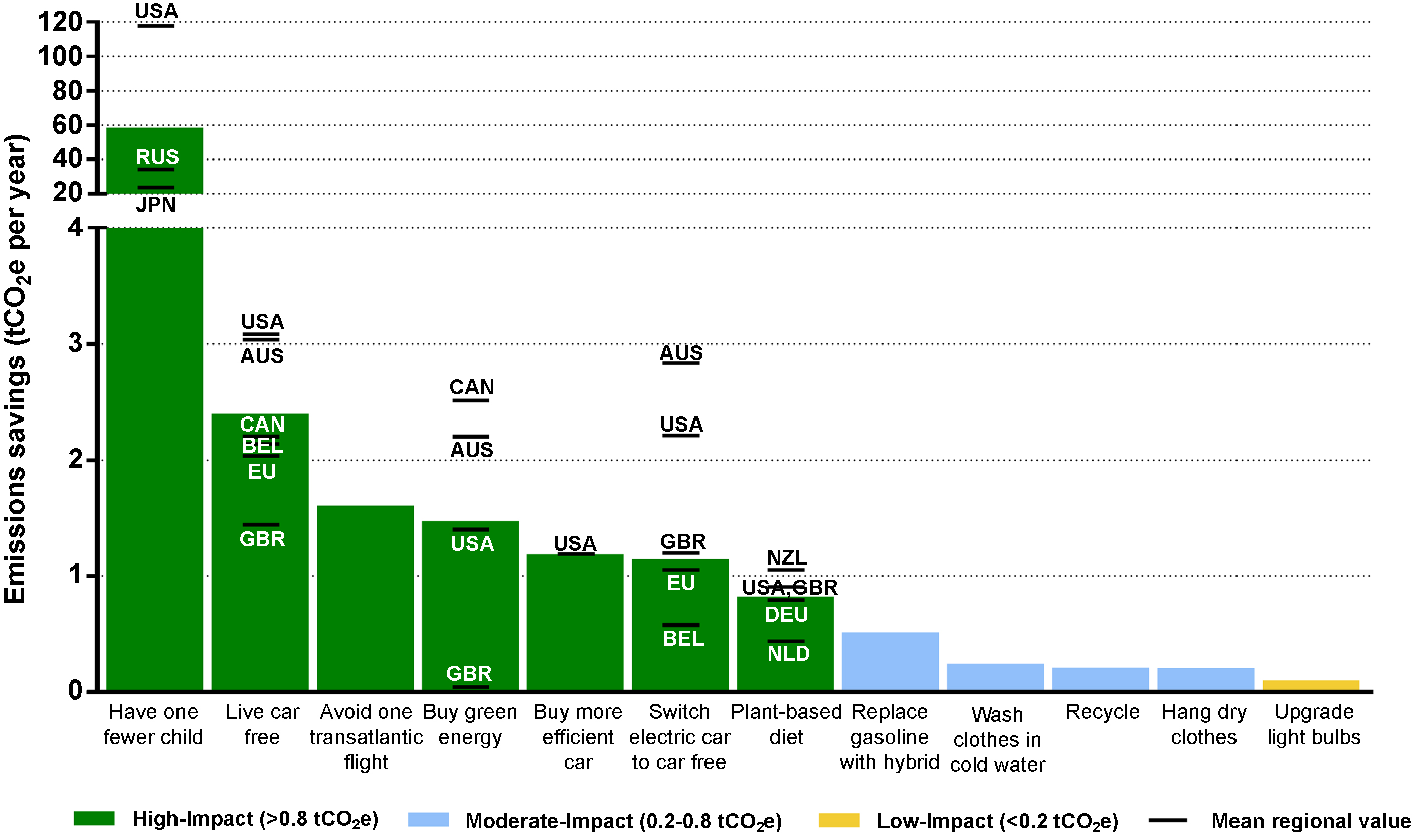





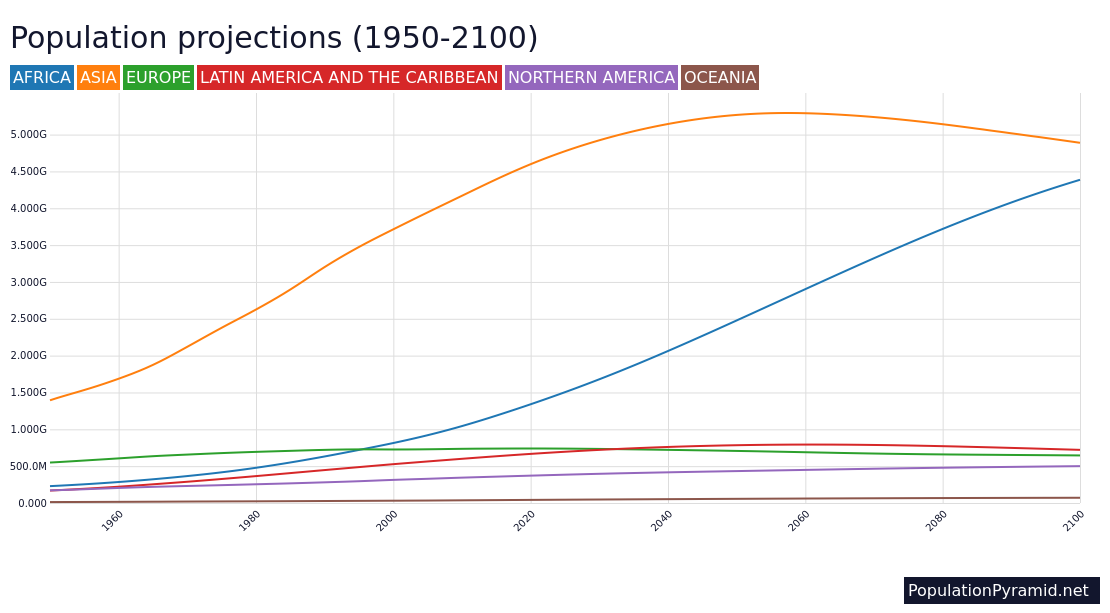
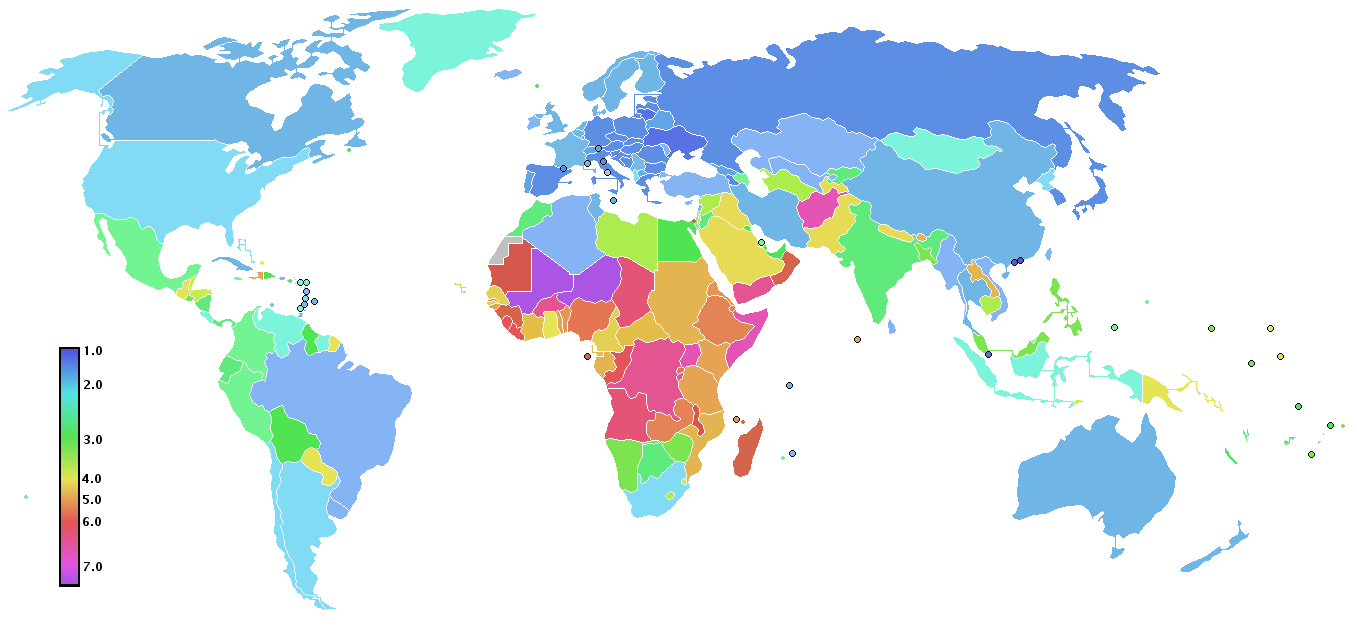
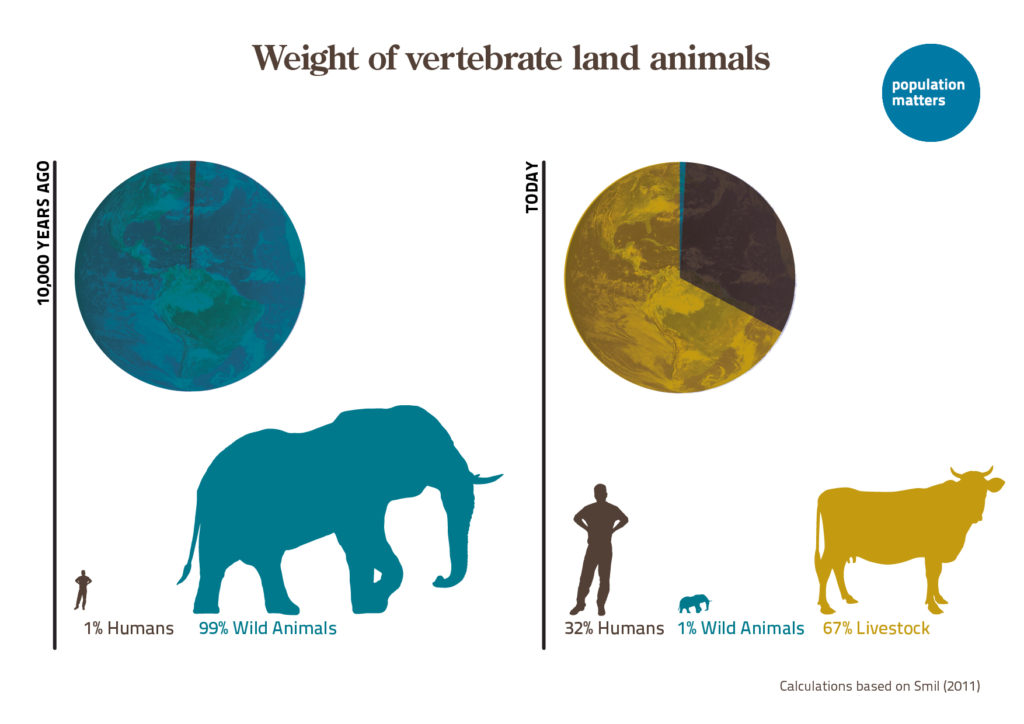

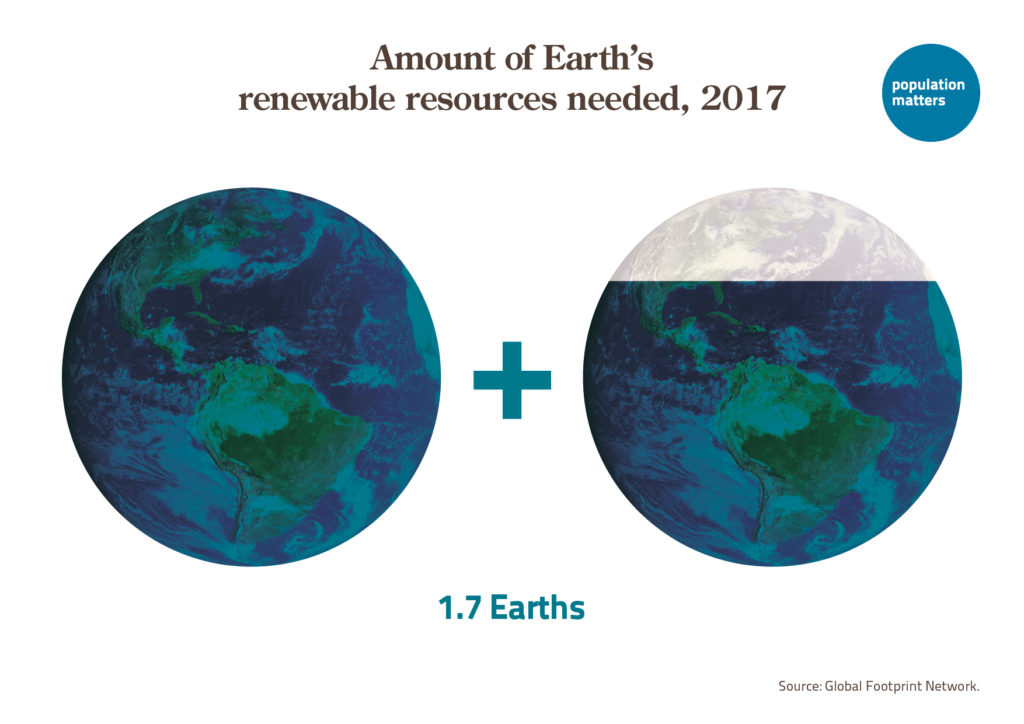


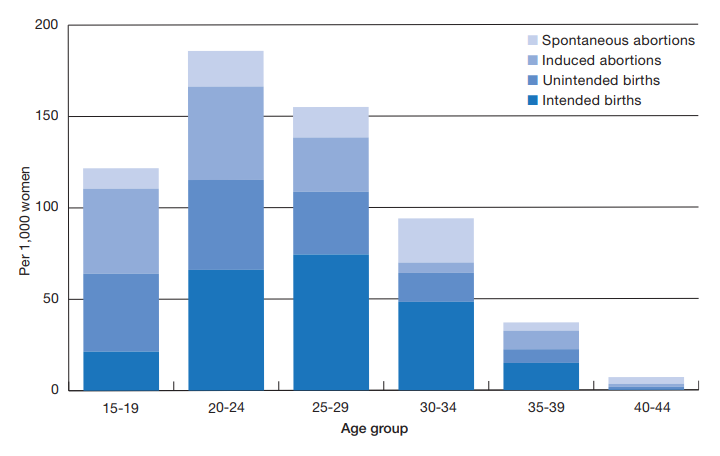
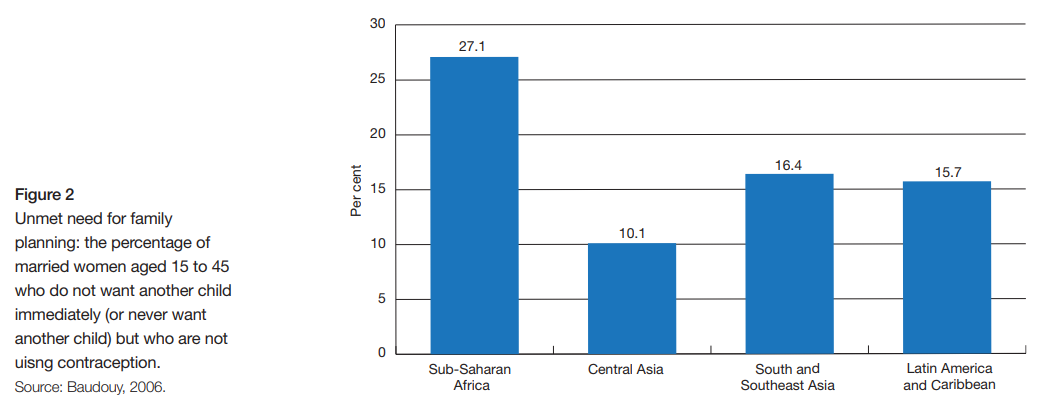
Leave a Reply